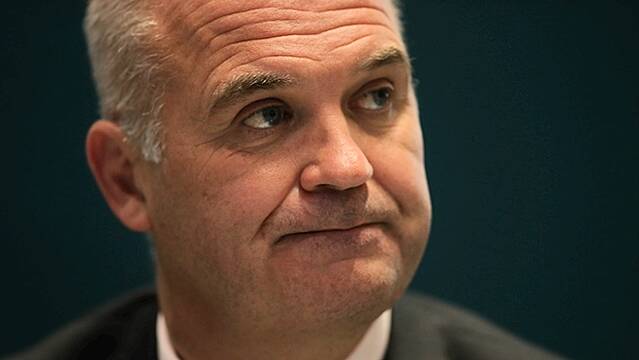The new measures under Level 5 were needed to protect schools and childcare services, to protect the health of people and to protect the health service, he told RTÉ radio’s News at One.
Dr Holohan called on anyone with symptoms, or who may be waiting for a Covid test or result, to self-isolate, and warned that people who were symptomatic could not attend work, school or look after vulnerable people.
Dr Holohan said the National Public Health Emergency team (Nphet) would continue to track the 14-day incidence rate and monitor the positivity rate and hospital admissions, including intensive care numbers. If the country was down to fewer than 100 cases a day by December 1st then “we will have achieved what we set out to do.”
Back in the spring the reproduction rate of the virus, or "R" rate, had been brought down to around 0.5 and Ireland needed to get back to that level again, he said.
An "R" of below 1 means the virus is being controlled and will eventually die out. Over 1 means it is continuing to grow.
Dr Holohan urged people to follow public health advice “if we are to break the well-established chains of transmission.”
The lower the numbers go during the Level 5 restrictions the longer before numbers will rise again, he added. Nphet wanted to be able to stop infections as quickly as possible which was why local measures were so important to stop community transmission. “These are the measures that will protect us as advised by the WHO [World Health Organisation].”
When asked if older people should cocoon, Dr Holohan said everyone should stay at home except for essential reasons. Everything must be done to maintain the education of children, but he pointed out that incidence levels of the virus in schools were very low. “We will do everything we can to protect the provision of schools.”
In response to question about Nphet’s decision to allow elite sports such as the GAA championship to continue, Dr Holohan said NPHET had looked at the challenge of mental health and isolation and some of these activities were well planned and well organised and gave people something to which they could look forward.
On the issue of church attendance, Dr Holohan said the virus needed contact between people, particularly indoors, so the more contact between people could be minimised the better the chance of stopping the chains of transmission.







